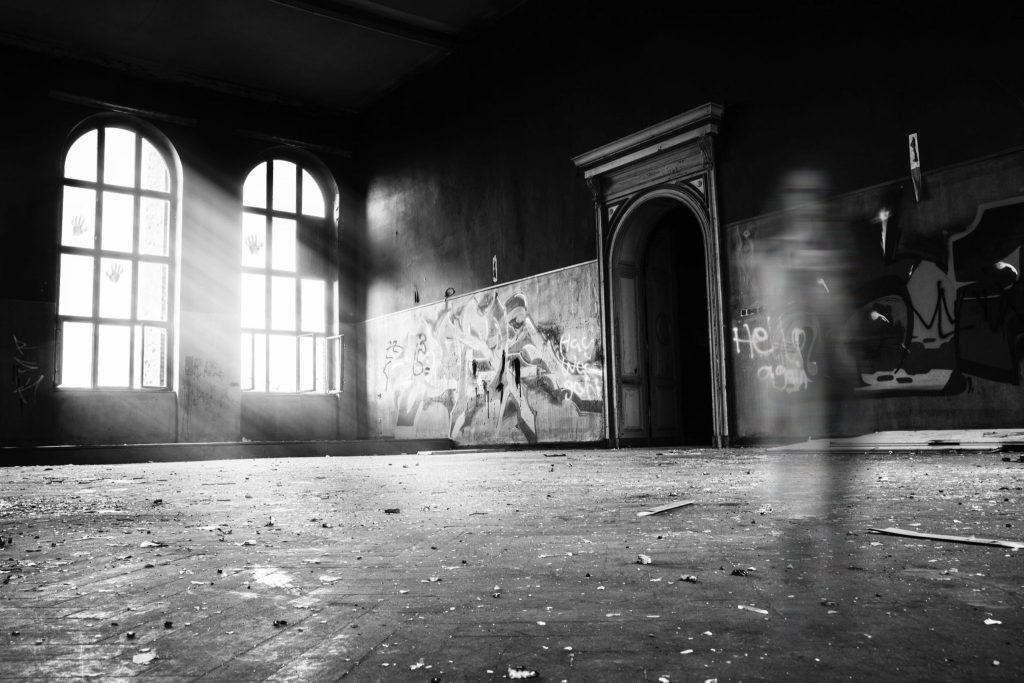Making tough decisions with compassion requires taking full responsibility for the choices you make and their consequences. Recently, when facing a tough situation, I found myself not living up to my expectations, and I was doing something that I have come to think of as blaming the ghost. Blaming the ghost is conjuring up an invisible being that prevents, forces, or absolves your actions. In times of crisis, you have to make hard choices, and what makes these choices hard is that even the best option available may have an outcome that you do not like. For example, many organizations are in challenging conditions right now, and many may choose to lay people off, cut salaries, or take other measures to try and secure the business. These are tough decisions, and the long term stability or even survival of the organization may be at stake. And it is also essential to recognize that it is a choice. The power to make and be accountable for choices gives you some control over what is happening and full responsibility for the impact of your decisions.
As a leader dealing with the business struggles of this crisis, you should be aware of two ways that you may be relinquishing the responsibility of your choices by blaming the ghost.
The ghost won’t let me or the ghost made me
When there is a tough decision in front of you, it is more comfortable at times to say, “I can’t do that” or “I can’t say anymore” or the opposite variation, “I have to do this.” This is a variation of blaming the ghost where there is a fictional being preventing or forcing you to do something. What you are saying is “the ghost won’t let me” or “the ghost made me.” Nearly everything in life is a choice. You don’t get to choose the consequences of your choices, but there are always choices. Blaming the ghost gives up your ownership of that choice. It implies that you are not responsible for the consequences and that you were a victim of the circumstances.
Take ownership of the decisions you have made. If you have disagreed and committed to someone else’s decision, own the decision to commit. The ghost can’t make you or prevent you from doing anything.
Questions to ask yourself:
- What is the decision that I made here?
- How can I take ownership and responsibility for my decisions and their consequences?
None (or all) of the ghosts are doing it
Nobody and everybody are specific names that we give to some ghosts. And by saying nobody or everybody did or didn’t do something, it removes your responsibility in the situation. I have heard people say, ”no one could have seen this coming.” It may be true that you didn’t see it coming, and that no one you knew saw it coming, but that is not everyone. And that perspective is not helpful.
Taking ownership means ignoring the hyperbole and stating the facts, “we didn’t see this coming.” It not expected that you would, should, or reasonably can see every crisis coming. Leaders should not be blamed for not anticipating every possible scenario but saying “I did not see this coming” allows you to take ownership of your current experience. As a leader, it is an opportunity to say you don’t have a plan for this right now and that you are figuring it out as you go. It is a chance to be vulnerable about what is happening and create the opportunity to learn from the experience and how you can plan for these types of unknowns.
Questions to ask yourself:
- What could I have done differently?
- What responsibility do I have in the situation that occurred?
- What can I learn from this?
In times of crisis, your character is revealed by the way you act and the words you say. You can panic, you can blame others (including ghosts), or you can be calm, focused, accountable, and direct. You can take this opportunity to take responsibility for your choices, accountability for the impact of those choices, and ownership of your experience. If you stop blaming ghost, there is an opportunity to grow from this crisis both as a leader and as a person.

